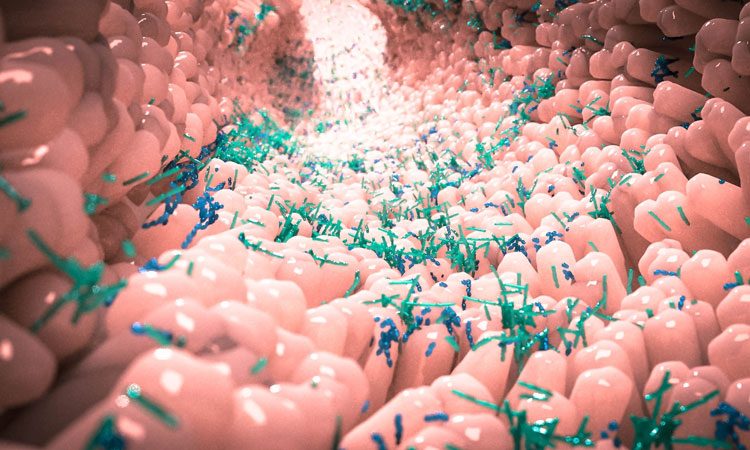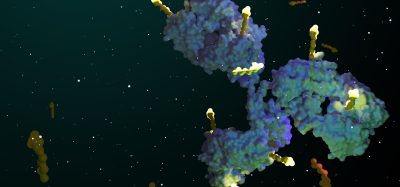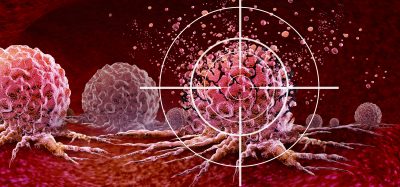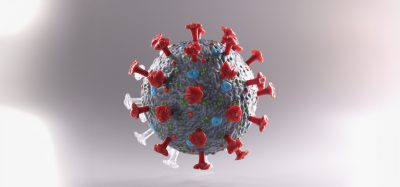How chronic stress hastens the progression of colorectal cancer
Posted: 14 October 2024 | Drug Target Review | No comments yet
A new study, presented at the United European Gastroenterology, reveals how chronic stress disturbs the balance of gut microbiota and influences CRC progression.


A new study, revealing how chronic stress disturbs the balance of gut microbiota to hasten the progression of colorectal cancer (CRC), was presented at the United European Gastroenterology (UEG), the leading non-profit organisation for excellence in digestive health in Europe on 13 October 2024.
Dr Qing Li, lead researcher who presented the study, explained: “In our study, we used an antibiotic cocktail (vancomycin, ampicillin, neomycin, and metronidazole) to eradicate gut microbiota, followed by faecal microbiota transplantation to investigate whether gut microbiota was necessary for chronic stress to accelerate CRC progression.”
The team discovered that chronic stress increased tumour growth and reduced beneficial gut bacteria, especially the Lactobacillus genus, which are critical for a healthy immune response against cancer.
Dr Li stated: “Stress-related CRC progression can be attributed to a reduction in beneficial gut bacteria, as this weakens the body’s immune response against cancer. Lactobacillus, being sensitive to vancomycin and ampicillin, was depleted in both the control and stress groups by the antibiotic cocktail. This depletion highlights its crucial role in maintaining gut health and its potential association with CRC progression under chronic stress.”
Key findings
The scientists supplemented mice with Lactobacillus during chronic stress to investigate how the bacteria influences CD8+ T cell levels, crucial for the body’s anti-tumour immunity, and saw reduced tumour formation. Dr Li said: “Through faecal analysis, we found that Lactobacillus plantarum (L. plantarum) specifically regulated bile acid metabolism and enhanced the function of CD8+ T cells. This indicates how Lactobacillus may enhance anti-tumour immunity.”
Furthermore, the team noted some unexpected findings. The researchers initially thought that L. plantarum could enhance the anti-tumour immune function of CD8+ T cells by initiating metabolite production, as previous findings suggest. However, Dr Li explained: “our in vitro tests revealed that the conditioned medium from L. plantarum did not significantly stimulate CD8+ T cells to produce such key metabolites. This indicates that L. plantarum may require substances in the gut environment to enhance anti-tumour of CD8+ T cells.”
Promising therapeutic strategy
Combining traditional antitumour drugs with L. plantarum supplementation is a promising therapeutic strategy for patients with stress-related CRC, particularly because it is the second leading cause of cancer-related deaths worldwide.1
Looking ahead, the team plans to collect faecal and tumour samples from CRC patients to analyse changes in gut microbiota among individuals with and without chronic stress. Dr Li concluded: “Restoring beneficial bacteria in the gut, such as Lactobacillus, could strengthen the body’s natural defences against colorectal cancer.”
Reference
1 Colorectal cancer. World Health Organization. 2023 July 11. Available from: https://www.who.int/news-room/fact-sheets/detail/colorectal-cancer
Related topics
Cancer research, Drug Discovery, Microbiome, Oncology
Related conditions
Colorectal cancer (CRC)
Related organisations
Sichuan University of China
Related people
Dr Qing Li (Sichuan University of China)








